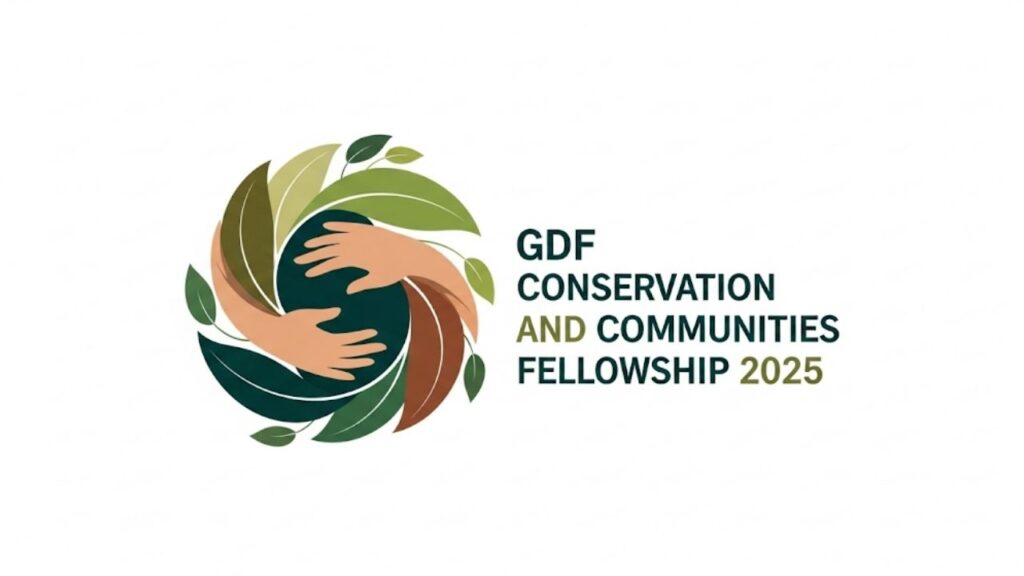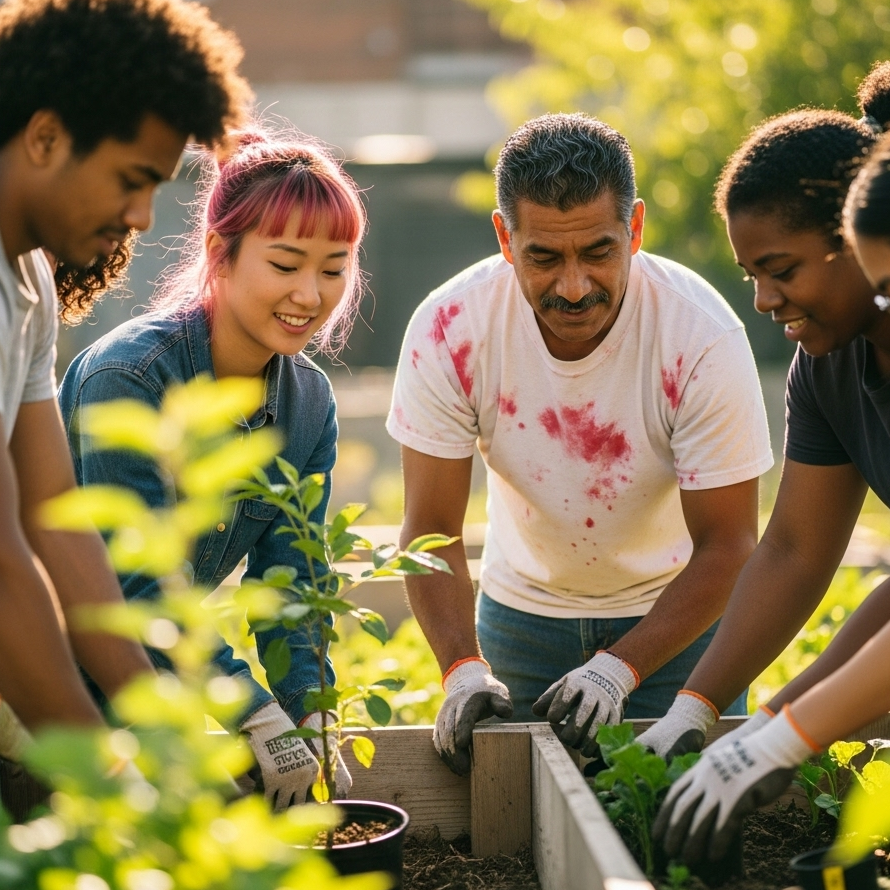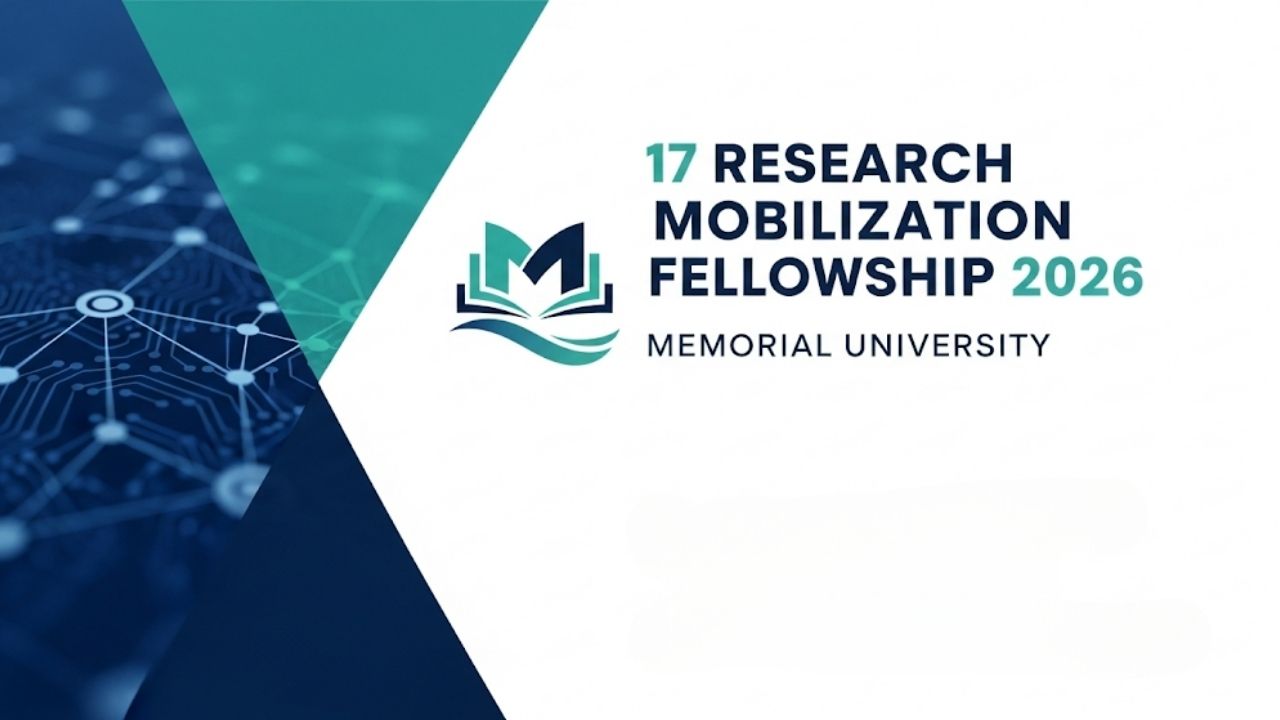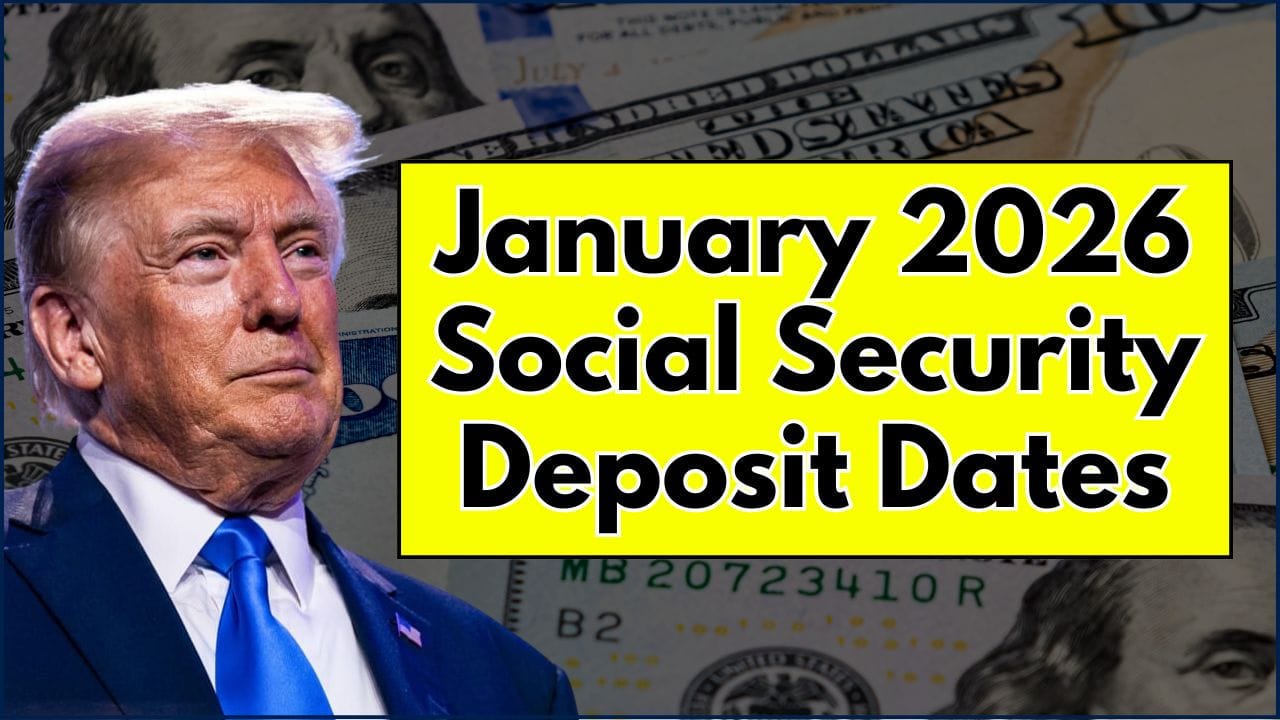Are you passionate about making a tangible difference in conservation and community development? The GDF Conservation and Communities Fellowship 2025 offers an unparalleled opportunity to dedicate yourself to this critical work. This comprehensive guide will walk you through every step of the fellowship process, from understanding its core mission to crafting an application that truly shines. We’ll explore eligibility, the application journey, and crucial tips to help you successfully navigate this transformative experience.

Why the GDF Conservation and Communities Fellowship?
The GDF Conservation and Communities Fellowship stands as a beacon for emerging leaders committed to holistic conservation — recognizing that the health of our planet is inextricably linked to the well-being of its people. This isn’t just about protecting biodiversity; it’s about fostering sustainable solutions that empower local communities, respect traditional knowledge, and build a more resilient future for all. As someone who has advised many aspiring environmental leaders, I’ve seen firsthand how programs like the GDF Fellowship can be truly life-changing, providing not just financial support but also invaluable mentorship and a global network.
The fellowship is designed to support individuals who are ready to dive deep into complex environmental challenges, working collaboratively to implement innovative strategies on the ground. It offers a unique blend of practical experience, academic rigor, and leadership development, ensuring fellows emerge as well-rounded and impactful professionals.
Understanding the Fellowship’s Core Mission
The GDF Conservation and Communities Fellowship is rooted in the understanding that effective conservation is community-led and culturally informed. It seeks to bridge the gap between scientific conservation efforts and the lived realities of communities directly impacted by environmental change. This means projects supported by the fellowship often involve:
- Community-based conservation initiatives: Empowering local people to manage and protect their natural resources.
- Sustainable livelihoods: Developing economic alternatives that reduce pressure on ecosystems.
- Traditional ecological knowledge: Integrating indigenous wisdom into modern conservation practices.
- Policy and advocacy: Working to influence decisions that promote environmental justice and sustainability.

Eligibility: Is the GDF Conservation and Communities Fellowship 2025 for You?
Understanding the eligibility criteria is the first, crucial step in your application journey for the GDF Conservation and Communities Fellowship 2025. While specific requirements can vary slightly year to year, the core principles remain consistent, seeking individuals with a strong foundation in conservation and a demonstrated commitment to community engagement.
- Academic Background: A relevant undergraduate or postgraduate degree (e.g., in environmental science, ecology, sociology, anthropology, development studies, or a related field). While a specific degree isn’t always mandatory, a strong academic record demonstrating an understanding of the fellowship’s focus areas is essential.
- Professional Experience: Several years of relevant work experience in conservation, community development, or a related field. This often involves practical experience in project management, fieldwork, research, or advocacy. The GDF website provides detailed guidelines on the preferred amount and type of experience.
- Leadership Potential: A clear track record of leadership or initiative, whether through professional roles, volunteer work, or academic projects. The fellowship looks for individuals who can inspire others and drive change.
- Commitment to Communities: A genuine and demonstrable passion for working with and empowering local communities. This is often evidenced through prior experience in community engagement, participatory approaches, and cross-cultural collaboration.
- Language Proficiency: Proficiency in English is generally required for communication within the fellowship cohort and for engagement with international partners. Depending on the project location, proficiency in other languages relevant to the target communities may also be highly beneficial or required.
- Age and Nationality: While there isn’t always a strict age limit, the fellowship typically targets early to mid-career professionals. Nationality requirements can vary, so always check the official guidelines for the GDF Conservation and Communities Fellowship 2025 specific to your region or target country.
Navigating the Application Process for the GDF Conservation and Communities Fellowship
The application process for the GDF Conservation and Communities Fellowship 2025 is designed to be comprehensive, ensuring that only the most dedicated and qualified candidates are selected. It typically involves several stages, each requiring careful attention to detail and a strategic approach.
Crafting a Compelling Application Package
Your application package is your first impression. It’s your opportunity to tell your story and demonstrate why you are the ideal candidate.
- Online Application Form: This is usually the starting point, requiring you to fill in personal details, educational background, and professional experience. Be meticulous and ensure all information is accurate and consistent.
- Curriculum Vitae (CV) / Resume: Your CV should be tailored to highlight your experience in conservation and community engagement. Emphasize achievements and quantifiable results over mere responsibilities. For example, instead of just saying “managed projects,” try “managed 3 conservation projects, leading to a 15% increase in community participation.”
- Statement of Purpose / Motivation Letter: This is arguably the most critical component. In your motivation letter, articulate your passion for the fellowship’s mission, clearly outline your career aspirations, and demonstrate how the GDF Fellowship aligns with your goals. I’ve seen many successful applicants truly shine by weaving a narrative that connects their past experiences, current skills, and future ambitions directly to the fellowship’s objectives. Be specific about the kind of impact you envision making.
- Letters of Recommendation: Choose referees who know your work well and can speak to your strengths in conservation, community engagement, and leadership. Provide them with ample time and all necessary information about the fellowship to help them write a strong, detailed letter.
- Project Proposal (if applicable): Some fellowship programs require a preliminary project proposal. If so, your proposal should be well-researched, clearly articulated, and demonstrate a deep understanding of the problem you aim to address, your proposed methodology, and the potential impact of your work on both conservation and communities.

Key Tips for a Standout Application
- Start Early: The application process can be time-consuming. Give yourself plenty of time to gather documents, write essays, and solicit recommendations.
- Research Thoroughly: Understand the GDF’s mission, past projects, and current priorities. Tailor your application to reflect this understanding.
- Show, Don’t Just Tell: Instead of simply stating you are passionate, provide concrete examples of how your passion has translated into action.
- Proofread Meticulously: Errors in grammar or spelling can undermine your credibility. Have multiple people review your application before submission.
- Highlight Community Engagement: This is a core tenet of the GDF fellowship. Ensure your application clearly demonstrates your experience and commitment to working collaboratively with communities.
Beyond the Application: What to Expect if Selected?
If your application stands out, you may be invited for an interview. This is your chance to expand on your application, demonstrate your communication skills, and show your genuine enthusiasm. The interview panel will likely assess your critical thinking, problem-solving abilities, and your fit within the GDF’s collaborative environment.
Your Definitive Guide to the Fully Funded AfOx Visiting Fellowship 2025 at Oxford University
The ARL Fellowship 2025 at University of Utah – Your Definitive Guide
FAQ
Q1: What is the primary focus of the GDF Conservation and Communities Fellowship?
A: The GDF Conservation and Communities Fellowship 2025 primarily focuses on supporting individuals who are committed to integrating conservation efforts with community development, emphasizing sustainable solutions that empower local populations and respect traditional ecological knowledge.
Q2: Are there age restrictions for applying to the GDF Fellowship?
A: While there isn’t always a strict age limit, the GDF Fellowship typically targets early to mid-career professionals with several years of relevant experience. Specific requirements should always be checked on the official GDF website.
Q3: How important are letters of recommendation for the GDF Conservation and Communities Fellowship 2025?
A: Letters of recommendation are a crucial component of your application for the GDF Conservation and Communities Fellowship 2025. They provide external validation of your skills, experience, and potential from individuals who know your work well.
Q4: Can I apply if my experience is primarily in research rather than fieldwork?
A: While fieldwork experience is often highly valued, a strong research background relevant to conservation and community development can also be an asset. The key is to demonstrate how your research contributes to the fellowship’s objectives of fostering sustainable practices and empowering communities.










